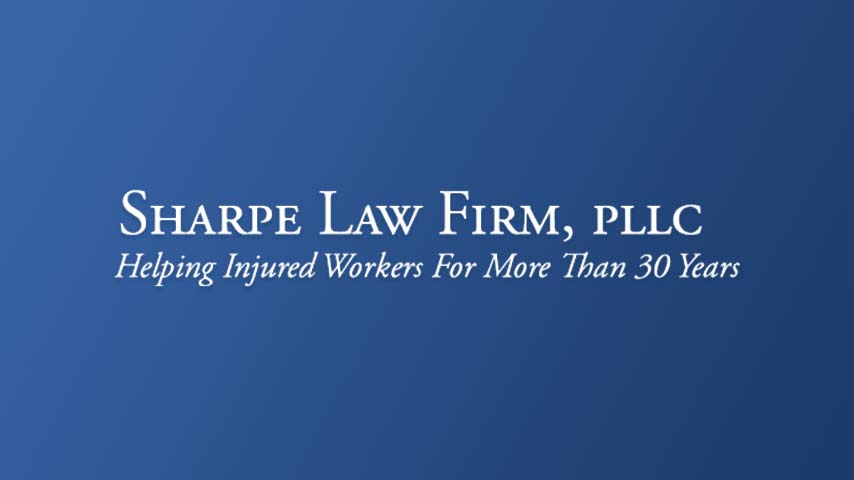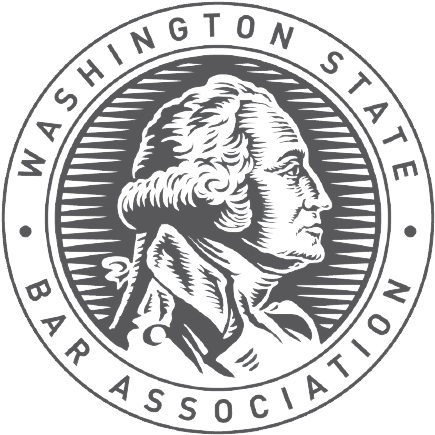Employment Law and Workers Compensation Law are NOT the Same Thing
Employment law and workers’ compensation law overlap because they both relate to workers and their workplace. However they are two different areas of the law. Here are the important distinctions between these two areas of the law.
EMPLOYMENT LAW is Concerned with how You are Treated at Work.
Employment Law is About:
- ADA Violations – The Americans with Disability Act, ADA, prohibits discrimination in the work place based on disability. Employers anywhere in the country, including Washington State, with 15 or more employees must provide individuals with disabilities an equal opportunity to benefit from the full range of employment opportunities available to others.
- Discrimination – Employers cannot treat employees differently due to race, color, religion, sex, age, disabilities, genetic information or national origin.
- Employment Contract Disputes – These disputes involve issues arising from formal employment contracts. These issues typically include non-complete clauses, wages, bonuses, benefits, duration of employment, ownership of intellectual property, and confidentiality.
- FMLA Violations – Employers with over 15 employees must follow the FMLA which entitles individuals to 12 weeks of unpaid leave if the employee is unable to perform his or her job due to a serious medical condition; needs to care for a sick family member (including spouse, child, or parent); or to care for a new family member (by birth or adoption). Following the leave, the employee should be returned to the same or equivalent position.
- Harassment – This includes any behavior intended to disturb or upset an employee at the work place. This can also include threatening behavior and unwanted sexual advances.
- OSHA – Occupational Safety and Health Administration violations are federal safety violations when an employer knowingly neglects to protect federal employees, military base employees, longshore and offshore employees.
- WISHA – Washington Industries Safety and Health Act protects all workers in the State of Washington. Violations of the act are handled through Labor & Industries: Workplace Rights Section.
- Retaliation – This occurs when an employer seeks revenge upon an employee for the wrong reasons. In order to fall under retaliation the following must be present: (1) employee was involved in a protected activity (2) the employee performed the job according to the employer’s expectations (3) the employee suffered a materially adverse employment action (4) the employee was treated less favorably than similarly situated employees.
- Employers violate the law when they misuse light duty, now enforce previously unenforced rules, change job duties, change work hours, pay less, layoff, make an unfair evaluation, and other forms of harassment.
- Wage and Hour Disputes – These disputes include unpaid time, illegal distribution of tips and failure to pay during breaks. Issues involving misclassification of employees and independent contractors also falls within this employment category.
- Wrongful Termination – Being fired from your job illegally!
- Volunteers /Unpaid Interns – Who are are really employees. Trendy business can often get followers to do the company work without pay. If “volunteers” or “interns” are in fact employees then they should be paid for their work. Unpaid Internships 101
You can sue your employer for any of the above violations! Awards can include lost wages and monetary awards for pain and suffering. These cases are argued before the Washington State Human Rights Commission, the Federal Equal employment Opportunity Commission (EEOC), and the United States Department of Labor. The statute of limitations can be short for these cases. If you need legal help then get it now.
Employment Law attorneys handle employment law cases. If you want the name of a good employment law attorney, call us. We’ll give you a name or two.
WORKERS COMPENSATION LAW is Concerned with Your Job Injury or Occupational Disease Claim.
Workers Comp Law is About:
- On the job injuries or occupational diseases. Workers injured or made sick by their work are eligible for Workers’ Compensation. Benefits include medical care, time loss compensation, permanent partial disability, vocational rehab, pensions, and other payments. The Washington State Department of Labor & Industries (L&I) manages state fund cases and presides over self insured cases. Workers’ Compensation is a no fault system of social insurance which in theory provides sure and certain relief but takes away your ability to sue your employer for most job injuries.
Can Employment Law and Workers Compensation Law Overlap?
- Yes! The issues in employment law cases overlap with workers’ compensation cases. For example, a worker is hurt on the job and files an L&I claim. The employer then fires that worker. At that point the worker has both L&I and Employment law claim or two:
- The existing L&I workers’ compensation claim which must be filed within one year of an injury.
- The tort of Wrongful Discharge in Violation of Public Policy is available with a wrongful firing. This is an Employment law claim and must file within three years of notification of the wrongful termination. Remedies include lost wages and emotional distress. Sometimes the employer will be required to pay your attorney fees.
- A violation of the law against discrimination RCW 49.60.180 is available to protect disabled employees. Employers discriminate when they misuse light duty, now enforce previously unenforced rules, change job duties, change work hours, pay less, layoff, make an unfair evaluation, and use other forms of harassment. This is Employment law and must file within three years of the adverse action. Remedies include lost wages, lost promotions, lost benefits, and they pay your attorney fees is you win.
Workers Compensation Discrimination
- When an employer discriminates against a worker with an open workers compensation claim, that is discrimination. L&I has a weak remedy for this problem RCW 51.48.025(1) The time limit for filing is 90 days. Here is the L&I Discrimination Complaint Form.
- Employment law has a better more substantial remedy for discrimination. The time limit for filing is within three years of notification of the adverse action.
- Employers will sometimes discriminate when they misuse light duty, now enforce previously unenforced rules, change job duties, change work hours, pay less, layoff, make an unfair evaluation, and other forms of harassment.
Regardless of whether you think you have a Washington Workers’ Compensation claim or an Employment Law case the Sharpe Law Firm can help you. Attorney Chris Sharpe has been in the Seattle legal community for years and even if his firm does not take your case, he can put you in touch with an attorney he trusts. Contact us by computer or call 1-800-919-4636 if we can be of any assistance.










